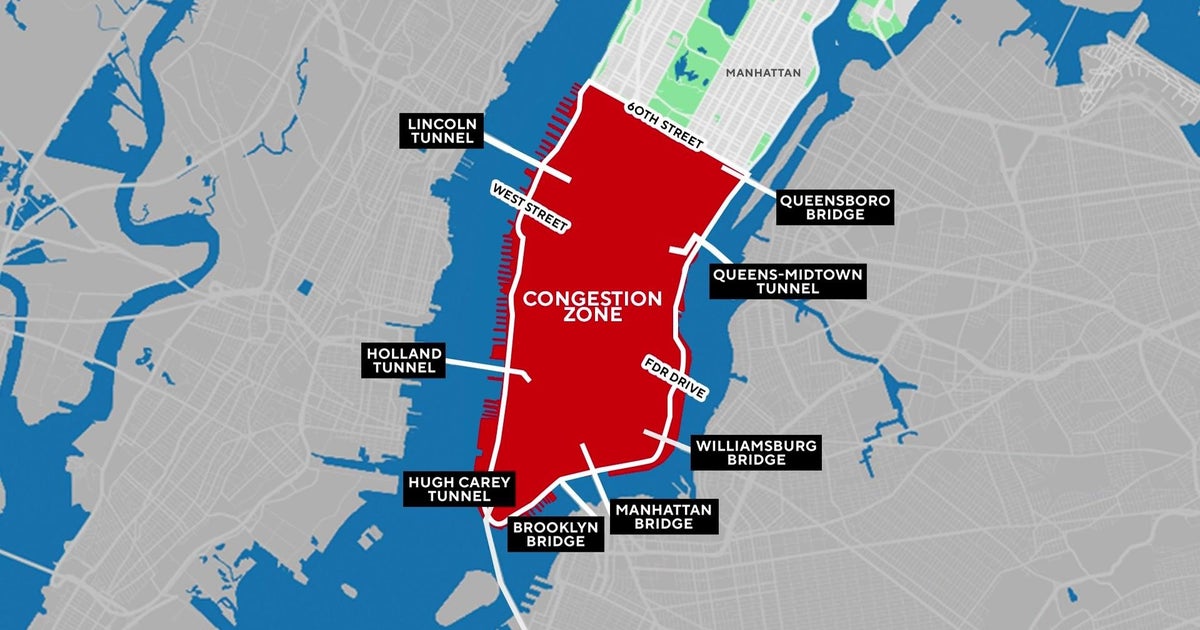New York City bracing for influx of migrants if Title 42 is allowed to expire
NEW YORK -- The U.S. Supreme Court has temporarily blocked Title 42 from expiring on Wednesday.
The COVID-19 border restriction was invoked with the Trump administration to prevent tens of thousands of migrants form entering the U.S. to claim asylum.
New York City had been bracing for an influx of thousands more migrants amid the impending end of Title 42.
"We continue to closely monitor the situation regarding Title 42 and will wait to hear more from the Supreme Court. But regardless of the outcome, New York City has received 800 asylum seekers in just the past four days and it's time for our state and federal partners to act," said Mayor Eric Adams in response to the Supreme Court ruling.
Monday, the New York City Council held a special hearing to examine how the city has been handling the 31,000 migrants who arrived on buses from the south since the summer and how the city is preparing for the possible arrival of thousands more in the coming weeks.
"The city has worked to pool its resources and accommodate the thousands of new migrants," said Council Speaker Adrienne Adams.
"The city must face a challenging reality that we are set to receive 1,000 asylum seekers every week moving forward," said Council Member Shahana Hanif.
Mayor Adams has reiterated the city needs help from the state and feds if there is another influx of migrants.
"Cities should not be carrying the weight of a national problem. This is unfair," he said.
The mayor said it's already costing hundreds of millions of taxpayer dollars to clothe, feed and house people.
The Watson Hotel is one of 60 emergency shelters the city opened. A controversial "tent city" on Randalls Island, which is prone to flooding, closed in November but the city has not ruled out reopening it after the arrival of more migrants.
"I will not commit to taking anything off the table in this unprecedented emergency," said Zach Iscol, commissioner of New York City Emergency Management.
The mayor also called on the federal government to issue temporary work authorizations.




